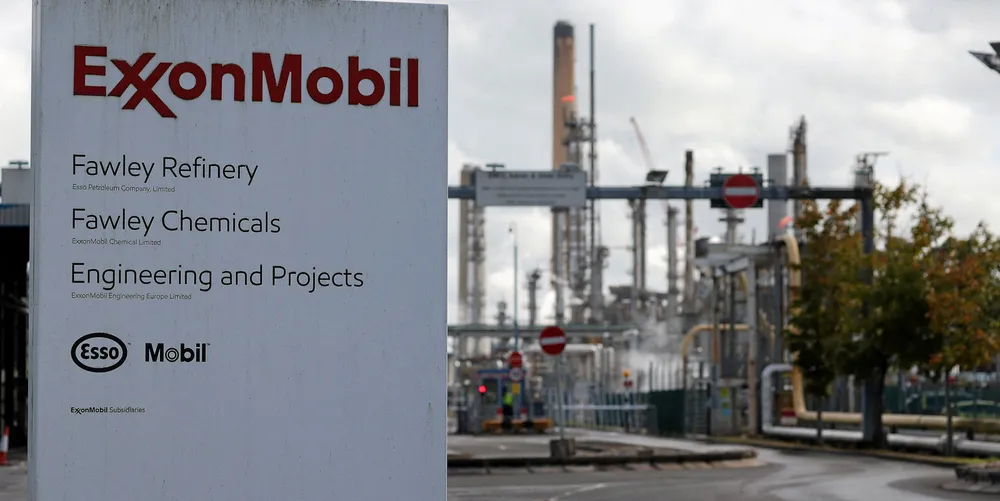'Not sufficient' | US oil supermajor ExxonMobil slammed over Scope 3 hole in net-zero pledge
Petrogiant softens line with 2050 plan for own operations, but critics point to absence of pathway covering carbon from end use

Petrogiant softens line with 2050 plan for own operations, but critics point to absence of pathway covering carbon from end use
